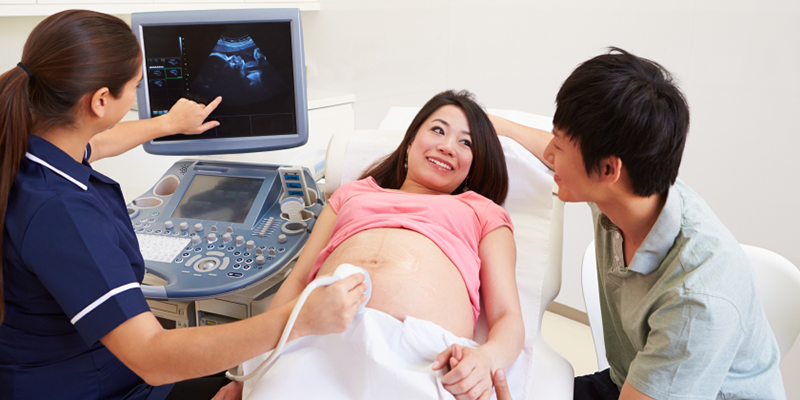
Because men are twice as likely to develop obstructive sleep apnea as women, it’s often thought of as a “male disease.” While most risk factors for the disease apply to men, research is showing that more and more women are also at risk for the sleep disorder. In fact, an exclusively female condition can often cause sleep apnea symptoms—and that condition is pregnancy.
Unfortunately, suffering from sleep apnea during pregnancy can have dangerous effects on both mother and child.
For pregnant women, sleep apnea can be the caused by the many hormonal changes in the female body during pregnancy, as well as the weight gain associated with pregnancy. The resulting periods of no breathing during the night create a lack of oxygen, putting the female mind into “fight or flight” mode.
The body then pumps out massive amounts of adrenaline and cortisol, leading to blood pressure increases (possible preeclampsia) as well as immense glucose production, heightening the risk of diabetes. There is greater risk for women who are already heavy before pregnancy and become obese through weight gain.
A study by the University of South Florida found that newborns whose mothers are diagnosed with sleep apnea are far more likely to wind up in the NICU (neonatal intensive care unit), most commonly from respiratory distress. This was thought to be because of the increase in C-section births from mothers with sleep apnea.
While sleep apnea symptoms can develop during pregnancy, they can also go away after the birth occurs because the hormones become balanced again and the baby weight comes off.
As a CPAP equipment provider, CPAP Central encourages pregnant mothers and their partners to know the signs of sleep apnea so that the right steps can be taken for treatment. This can help ensure better health for you and your child.


